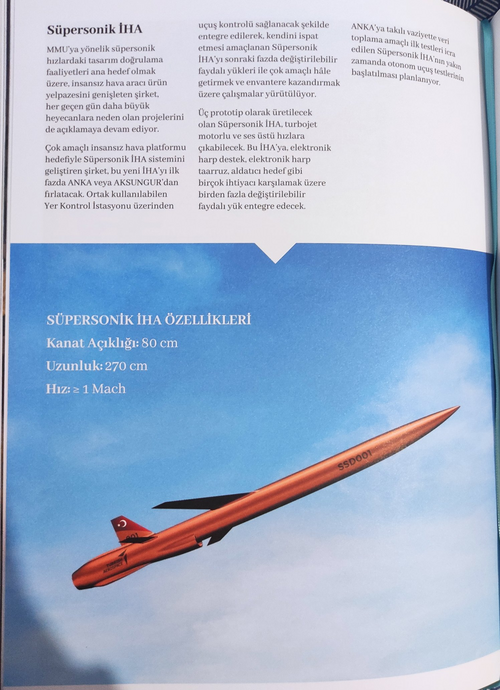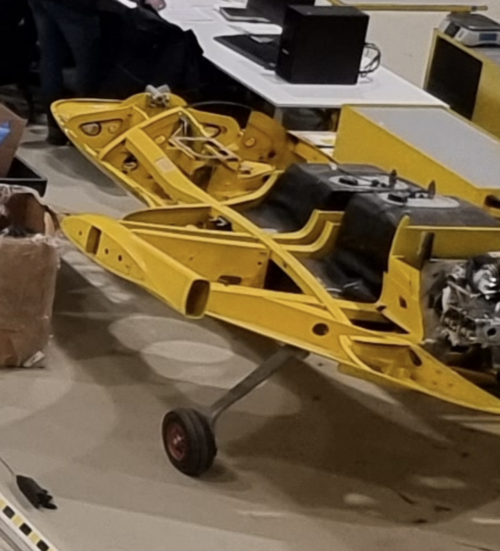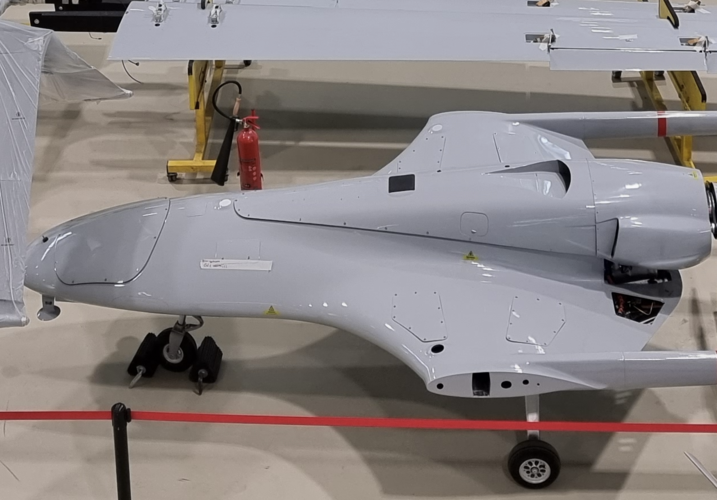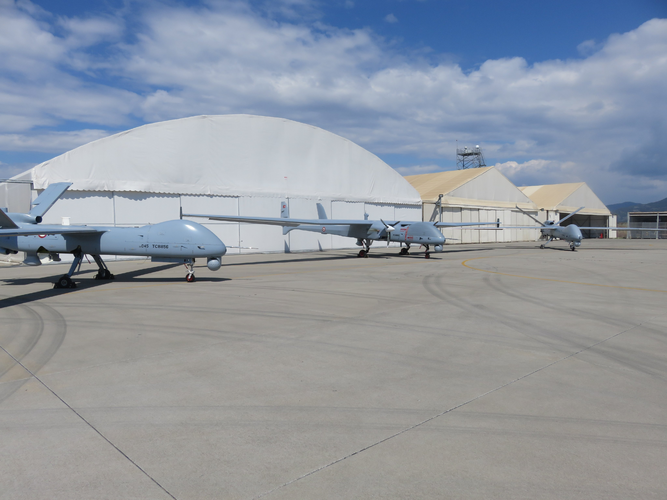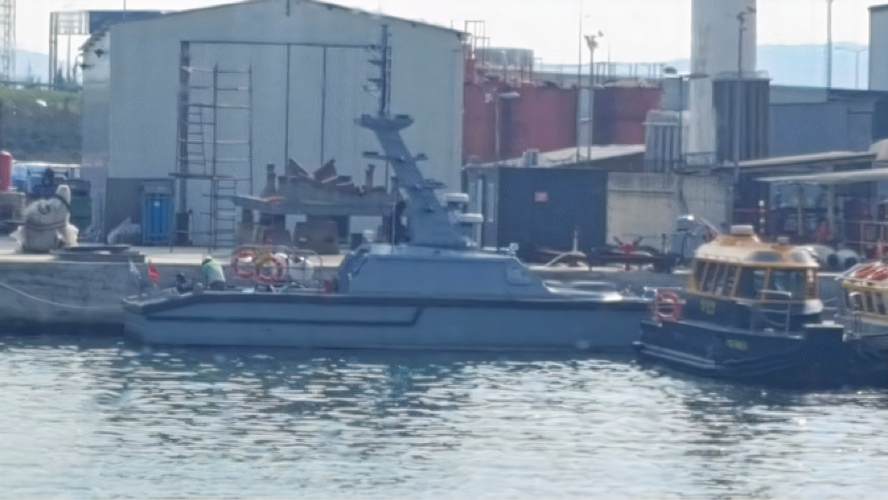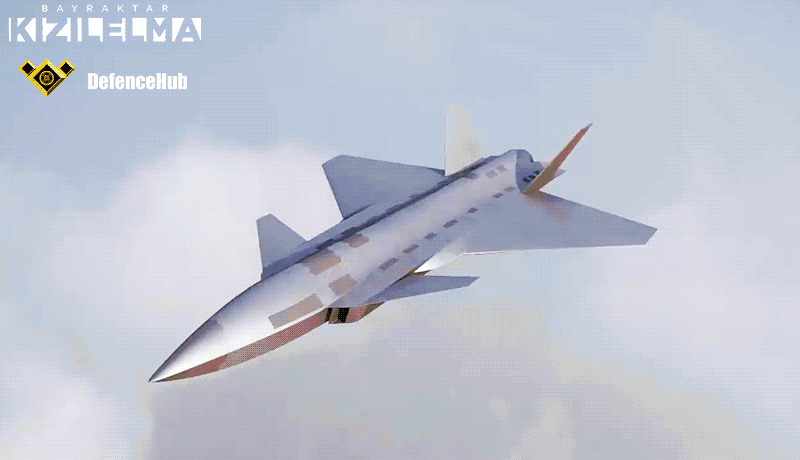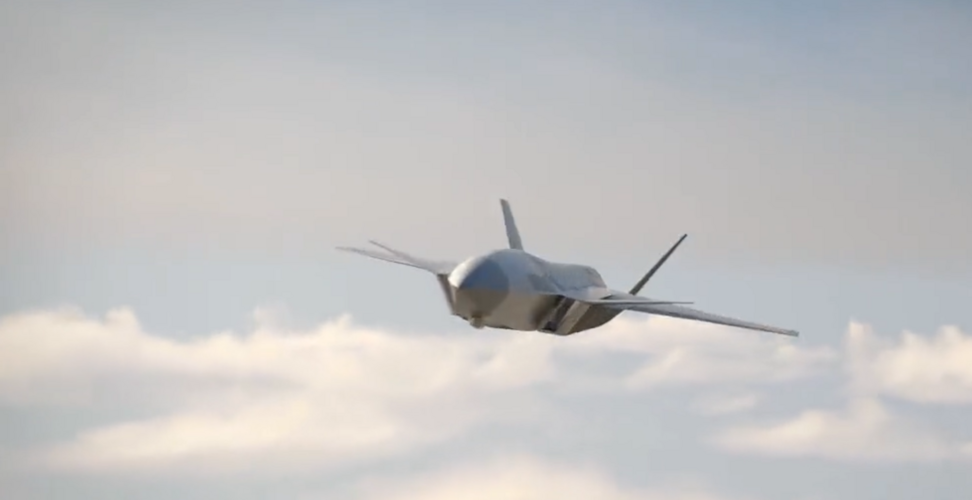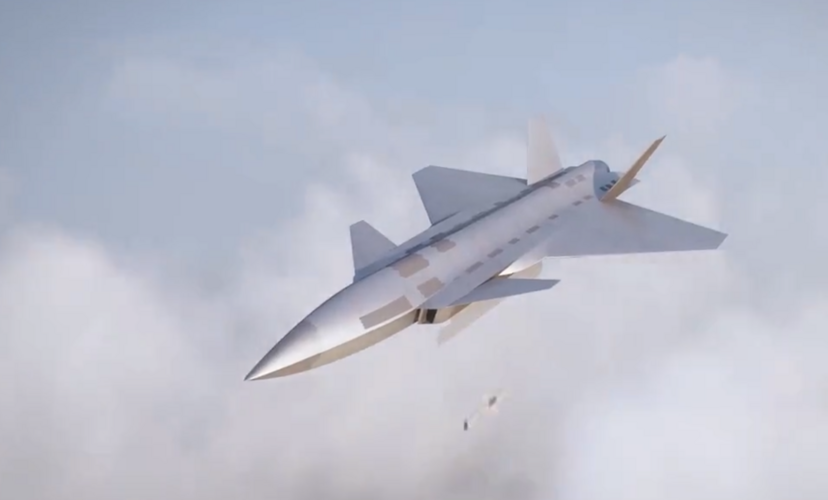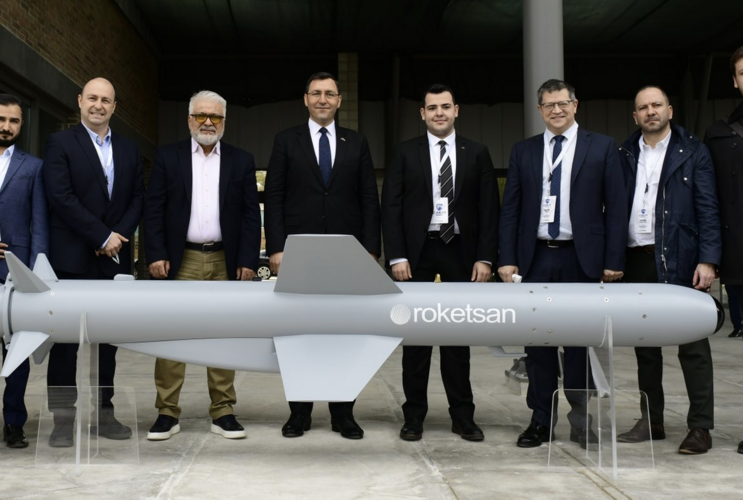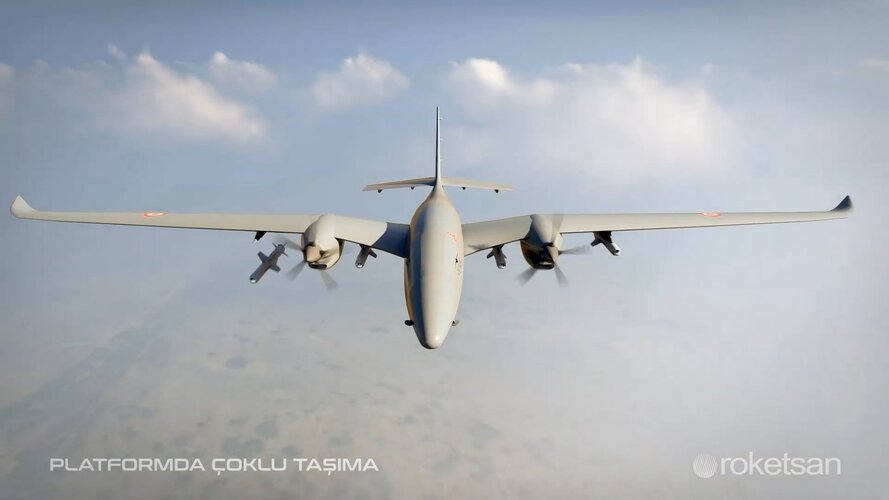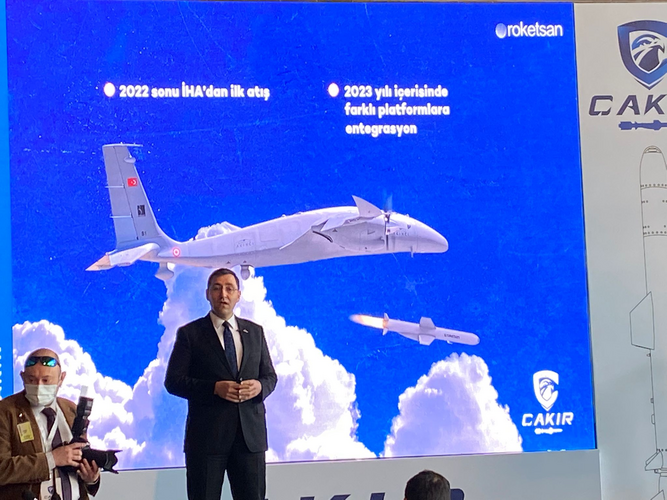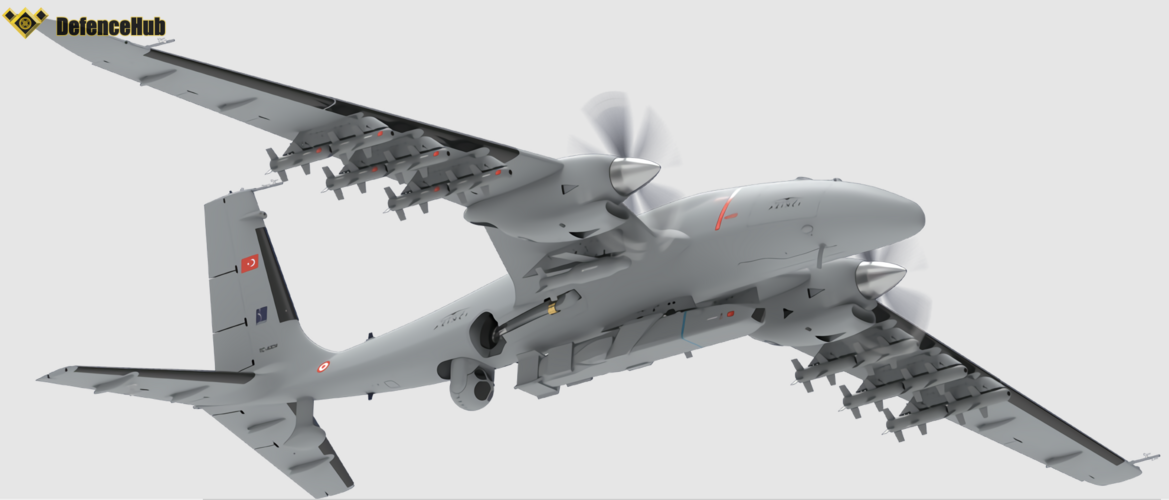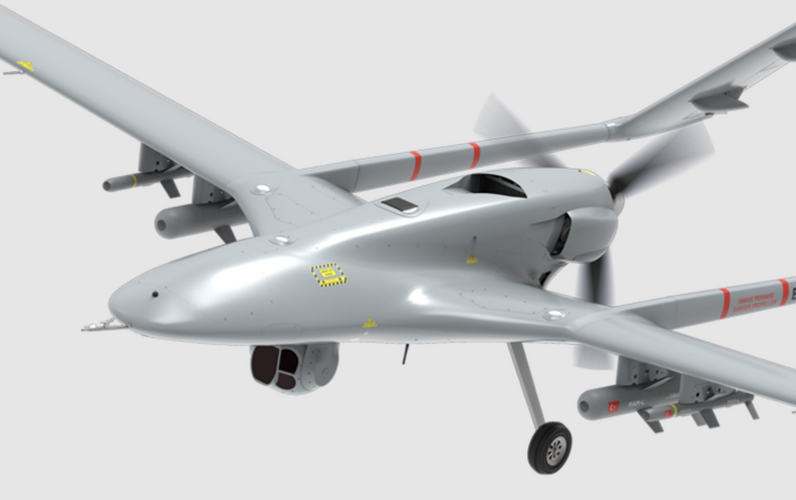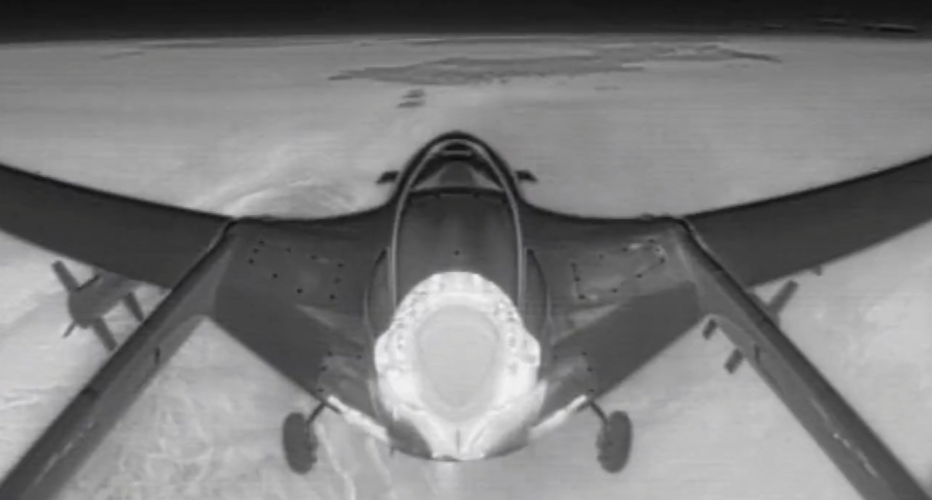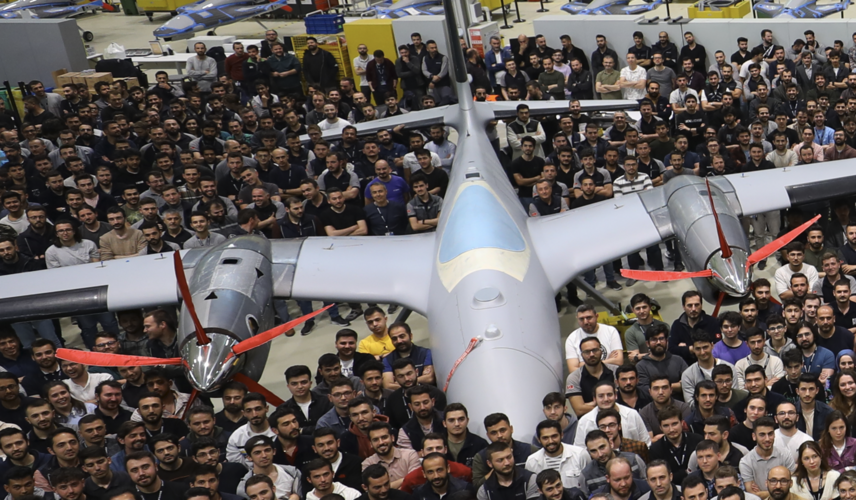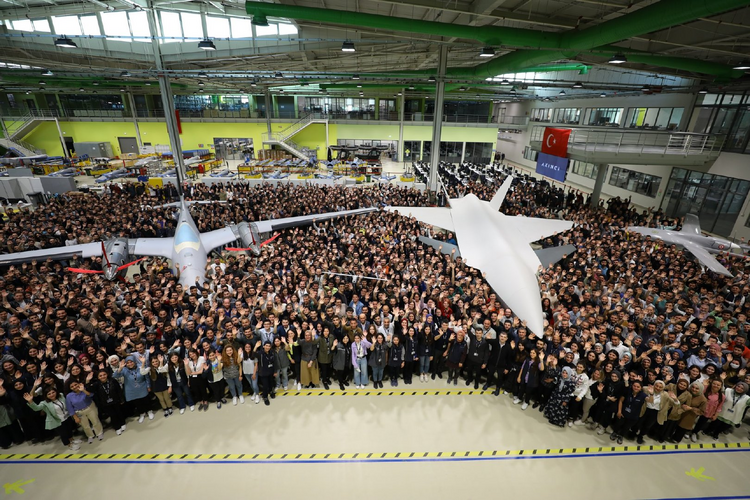Well, making the right prediction for all the wrong reasons is indicative of luck, not wisdom.
2) You operate on the implicit assumption that Russia is in fact a conventional foe. On paper that is certainly true and everybody expected it to operate like one, but the key surprise is that it is actually repeating many of the same mistakes made by forces that previously fared poorly against TB2s. Experts have been shocked by the low level of EW activity and Russia has still not established air superiority (US officials noted only yesterday that the VKS remains averse to operating over Ukraine proper). Coordination among ground forces has been disastrously bad, they regularly outran supply lines early on, nevermind SAM cover.
To conclude from the conflict to date that TB2s (or similar UAVs) can make a significant difference against a conventional foe is to disregard the elementary problem that Russia is not acting like such an adversary at all. Failing to account for the flawed premise is liable to lead one into drawing the wrong conclusions.
Ukraine itself does not have the right force structure to make most use of out MALE drones.
1. Insufficient air superiority platform to contest the air against opponent
2. No SEAD capability or doctrine, Poor anti-radiation capability and no decoys.
3. No Aerial Ewar support outside standoff ELINT
4. No modern long range networked precision fires to take advantage of ISR
And of course it is the not developmental end point for the technology: attritable VLO with networked autonomous combat AI
The multiple time demonstrated failures of "conventional militaries", with regard to "military competence" suggests to me that the expected level of combined arms mutually supporting operations should be lower than what people expect (in that is both harder than what people expect, and organizations are more dysfunctional than people expect). Personally, I expect most militaries to be no more efficient, function or competent than standard inefficient government bureaucracy.
The idea that every army can conduct complex join operations is not unlikely the idea that infantry squares never break and would fight to the last man, that everyone can execute Sturmtruppen tactics or be a highly capable horse archer. It is just too easy to buy a bunch of fancy parade pieces and have very poor combat power by forgetting the human factor.
It would not surprise that "low skill warfare", where everyone and every side operates far below the threshold established by theory is the norm. The question of how war actually works under "incompetent warfare" should be in itself a interesting question and a study in military friction and organizational limitations.

